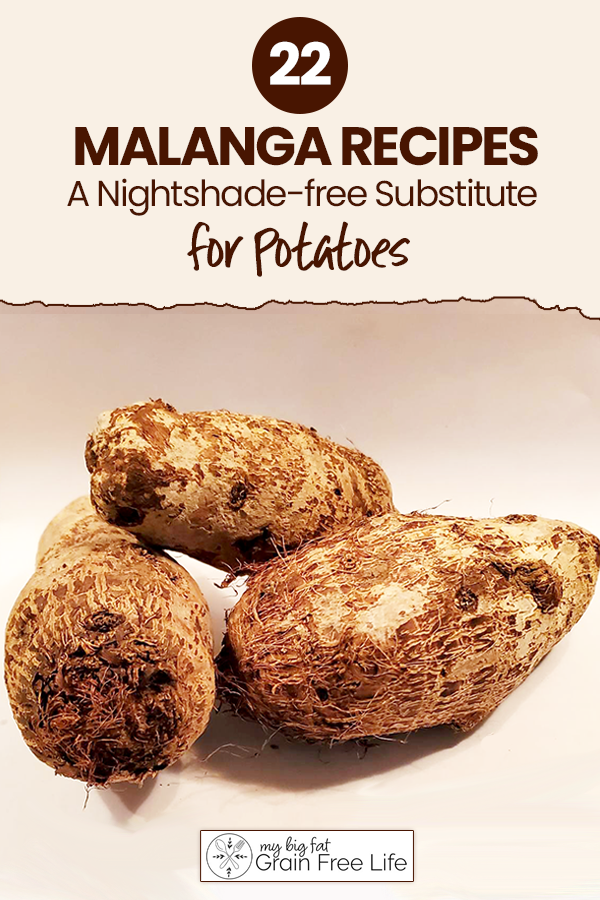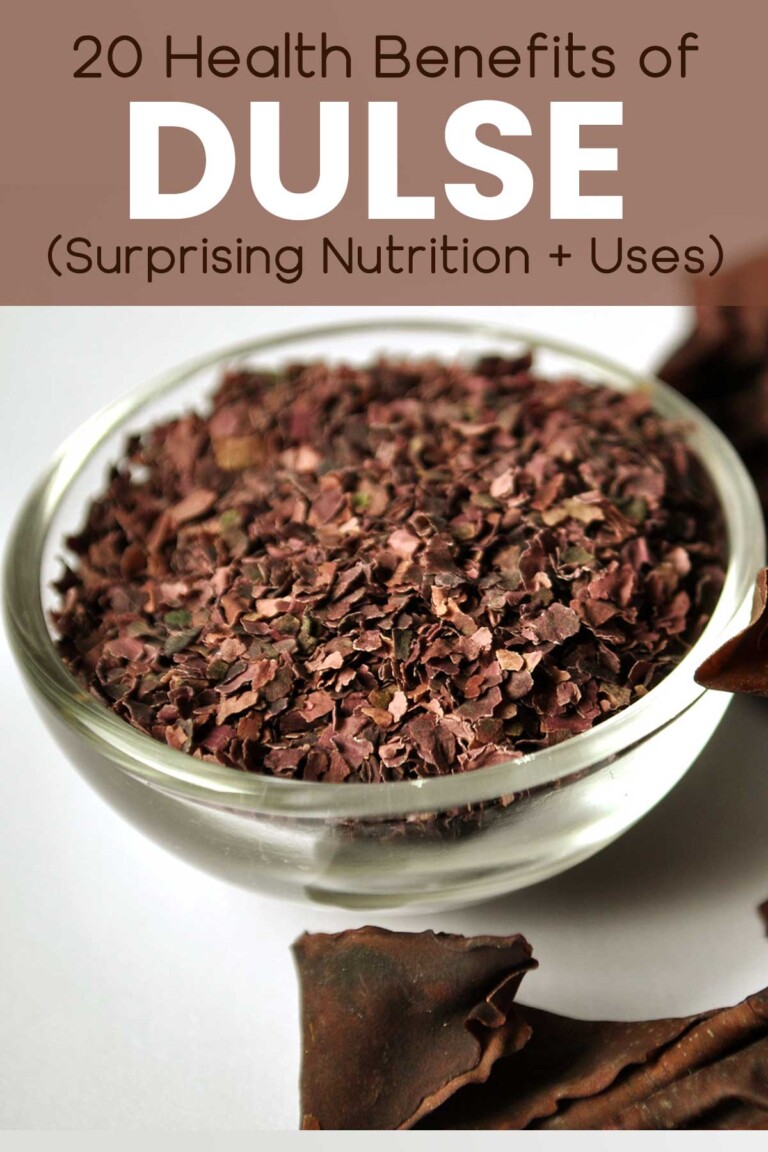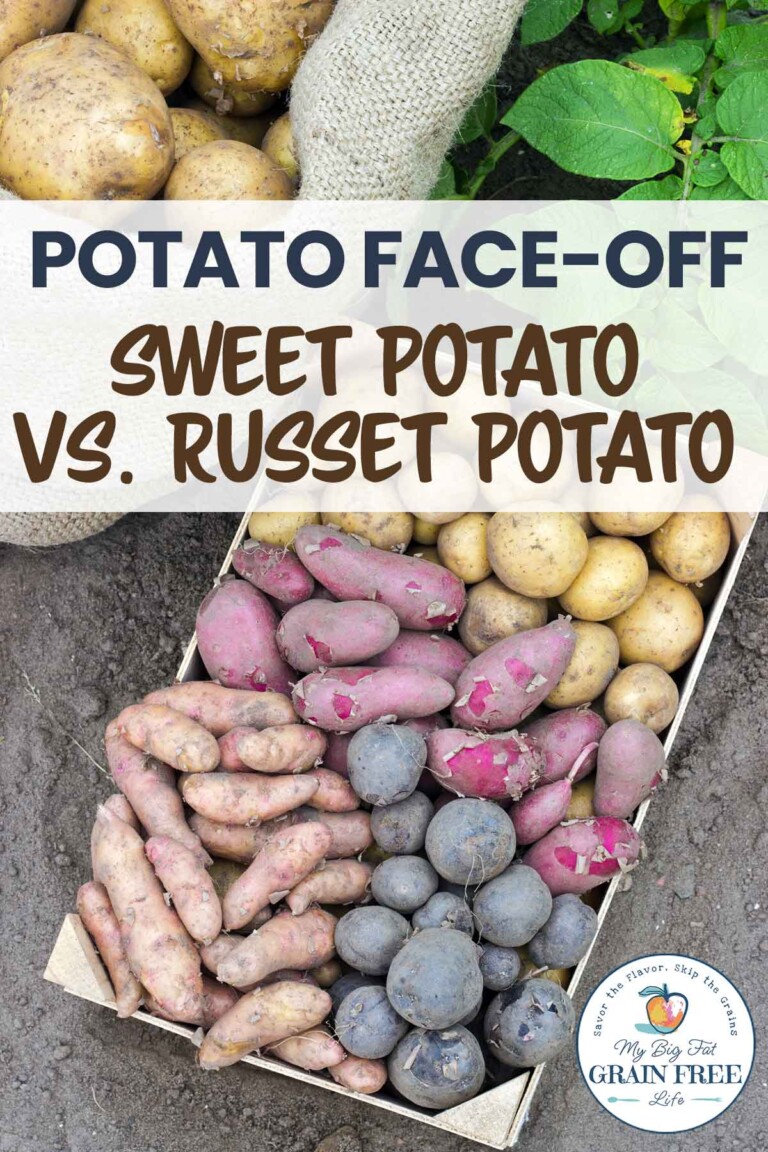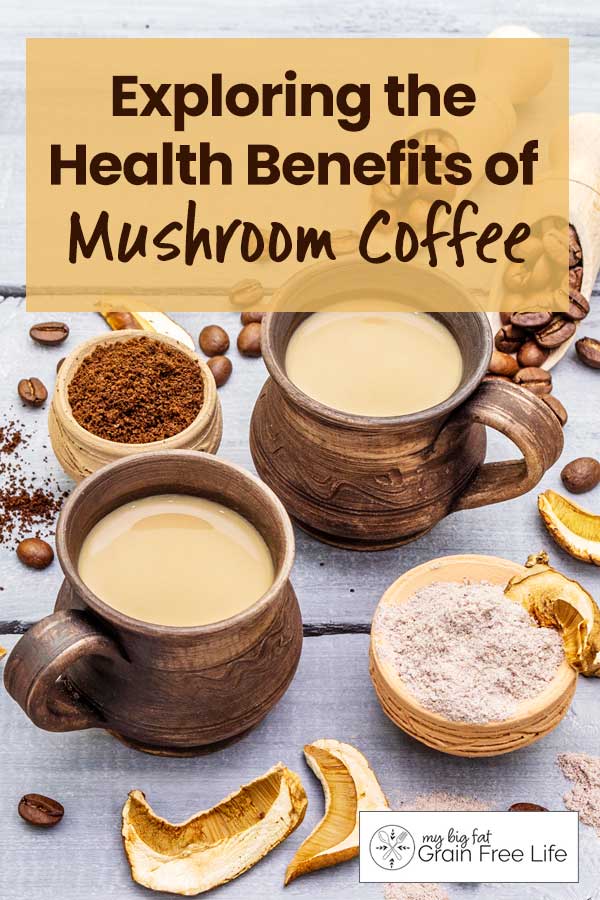40+ Best Superfoods to Add to Your Diet Right Away
This post may contain affiliate links. If you make purchase after clicking a link, I may receive a commission at no extra cost to you.
Last Updated on November 21, 2023
This list of 40+ superfoods can benefit your health in a myriad of ways. Superfoods are extremely nutritious foods full of vitamins, minerals and all sorts of health benfefits. Learn what makes a food a superfood and discover the ones you can easily add to your daily diet.
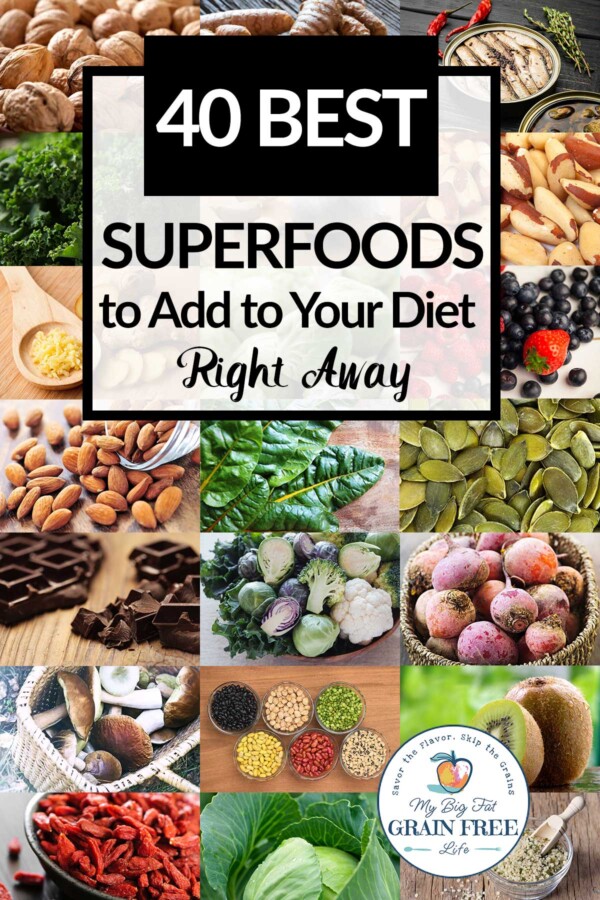
Superfoods
Superfoods; you’ve likey heard this term and maybe you’ve wondered what superfoods are, as well as what makes a food a “super” food.
Read on as we explore the fascinating world of nutrient-dense foods that are hailed for their exceptional health benefits. From exotic berries to green leafy vegetables, there is a wide variety of superfoods that can provide a significant boost to your overall well-being.
What are Superfoods?
A superfood is a term used to describe foods that are exceptionally nutrient-dense and offer numerous health benefits. These foods are typically rich in vitamins, minerals, antioxidants, and other beneficial compounds that promote overall well-being.
What Qualifies a Food as a Superfood?
In order for a food to to earn this prestigious title, it must be packed with an abundance of vitamins, minerals, antioxidants, and phytochemicals. These powerhouse foods have been shown to promote optimal health, prevent chronic diseases, and enhance vitality.
Here are some key factors that qualify a food as a superfood:
- Nutrient density: Superfoods are loaded with essential nutrients such as vitamins, minerals, and fiber in high amounts compared to their calorie content. They provide a significant nutritional bang for your buck.
- Antioxidant content: Many superfoods are rich in antioxidants, which help combat free radicals and reduce oxidative stress in the body. Examples of antioxidant-rich foods include berries, dark leafy greens, and colorful vegetables like tomatoes and bell peppers.
- Phytochemical content: Superfoods often contain unique plant compounds called phytochemicals that have been shown to have various health benefits. For instance, turmeric contains curcumin, which has potent anti-inflammatory properties.
- Omega-3 fatty acids: Some superfoods like fatty fish (salmon, sardines) and chia seeds are excellent sources of omega-3 fatty acids. These healthy fats play a crucial role in brain function, heart health, and reducing inflammation.
- High fiber content: Superfoods frequently contain high amounts of dietary fiber, which promotes digestive health, helps maintain healthy blood sugar levels, and contributes to weight management. Examples include legumes (beans, lentils), whole grains (quinoa, oats), and nuts/seeds (almonds, flaxseeds).
- Low glycemic index/load: Many superfoods have a low glycemic index or load, meaning they don’t cause rapid spikes in blood sugar levels after consumption. This can be beneficial for managing diabetes or promoting stable energy levels throughout the day.
Superfoods
We’re going to take a look at the different types of superfoods and uncover the unique qualities that make them so beneficial. Whether you’re looking to improve your immune system, support brain function, or simply maintain a healthy weight, incorporating superfoods into your diet can play a crucial role in achieving your wellness goals.
While this comprehensive list of superfoods covers 40 different foods, it’s not an exhausive list and sources may vary.

1. Berries
Berries are full of essential vitamins, minerals, antioxidants, and fiber, making them an excellent addition to a healthy diet. Try consuming a variety of berries: blueberries, strawberries, raspberries, blackberries, and cranberries.

2. Spinach
Rich in vitamins, minerals, and fiber, spinach supports bone health and boosts immunity.
Recommended: Health Benefits of Spinach Juice

3. Salmon
High in omega-3 fatty acids, salmon supports heart health and reduces inflammation.

4. Quinoa
A complete protein source that is also gluten-free, this pseudo grain aids in weight management and provides essential nutrients. Quinoa flakes are a type of quinoa that can be used in place of oatmeal. Learn more here: Quinoa Vs Quinoa Flakes.

5. Chia Seeds
Loaded with fiber, omega-3 fatty acids, and antioxidants, chia seeds support digestive health and reduce inflammation.

6. Kale
Nutrient-dense and high in antioxidants, kale promotes eye health and strengthens the immune system. There are many health benefits of kale juice and adding kale will boost the benefits of smoothies too.

7. Avocado
Packed with healthy fats and fiber, all types of avocados support heart health and improve nutrient absorption.
8. Greek Yogurt
Rich in protein and probiotics, Greek yogurt improves gut health and aids in weight management. You can make your own coconut yogurt if you’re unable to tolerate dairy. You’ll still reap the probiotic benefits!

9. Almonds
High in vitamin E and healthy fats, almonds promote skin health and lower cholesterol levels. Almond milk is my favorite plant-based milk.
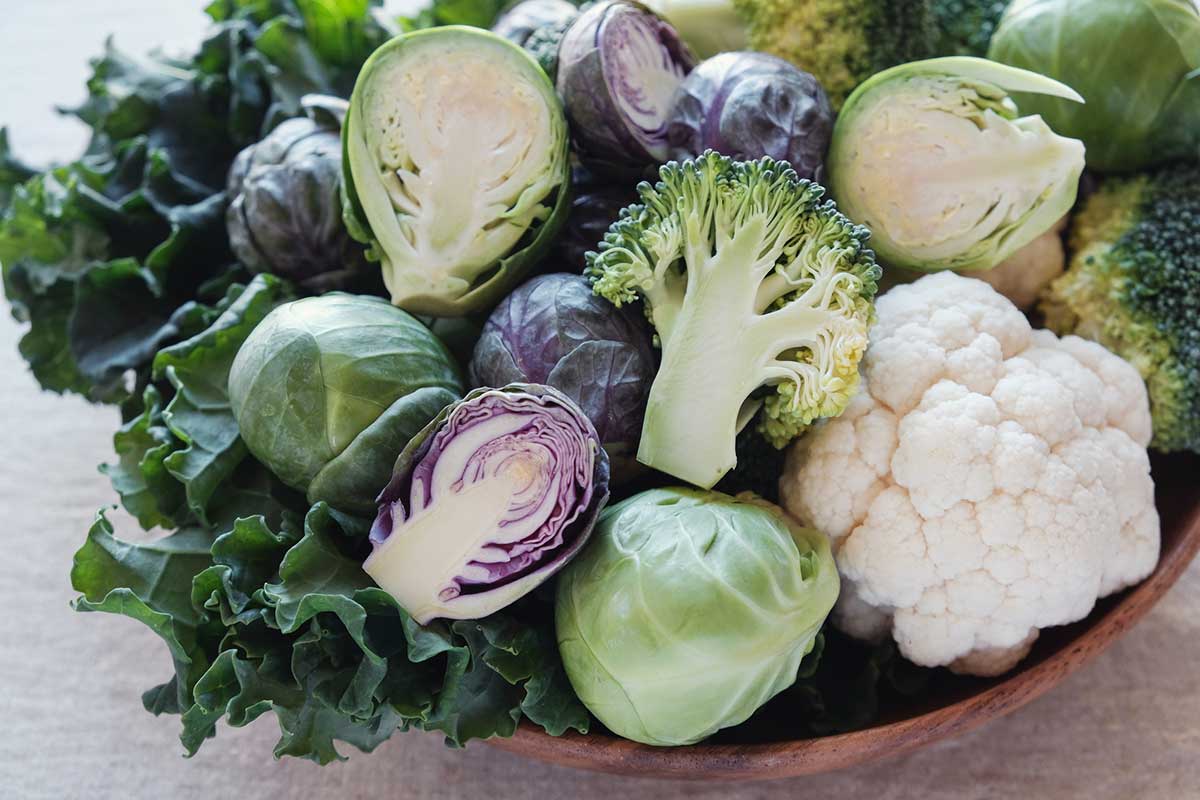
10. Cruciferous Vegetables
Cruciferous vegetables are rich in essential nutrients and bioactive compounds that promote overall health. These vegetables belong to the Brassicaceae family and include popular varieties such as broccoli, cauliflower, kale, Brussels sprouts, and cabbage.

11. Sweet Potatoes
Rich in beta carotene, sweet potatoes promote eye health and boost the immune system. There are many varieties of sweet potatoes. White sweet potatoes are a great substitute for regular potatoes in many recipes.

12. Turmeric
Turmeric contains curcumin, a powerful anti-inflammatory compound that supports joint health. You might enjoy reading about the benefits of turmeric and cayenne pepper.

13. Green Tea
Packed with antioxidants called catechins, green tea boosts metabolism and improves brain function. It’s a great anti-inflammatory tea.

14. Legumes
Legumes are an excellent source of plant-based protein and contain high levels of essential amino acids. They are also rich in dietary fiber, low in fat, and cholesterol-free.
Additionally, legumes are packed with important vitamins and minerals such as iron, magnesium, potassium, and folate. These nutrients play key roles in supporting energy production, maintaining bone health, regulating blood pressure, and supporting the immune system.
Recommended: Beans Vs Legumes

15. Oranges
Vitamin C-rich oranges strengthen the immune system and promote collagen production for healthy skin.

16. Walnuts
Loaded with omega-3 fatty acids, walnuts support brain function and reduce the risk of heart disease.
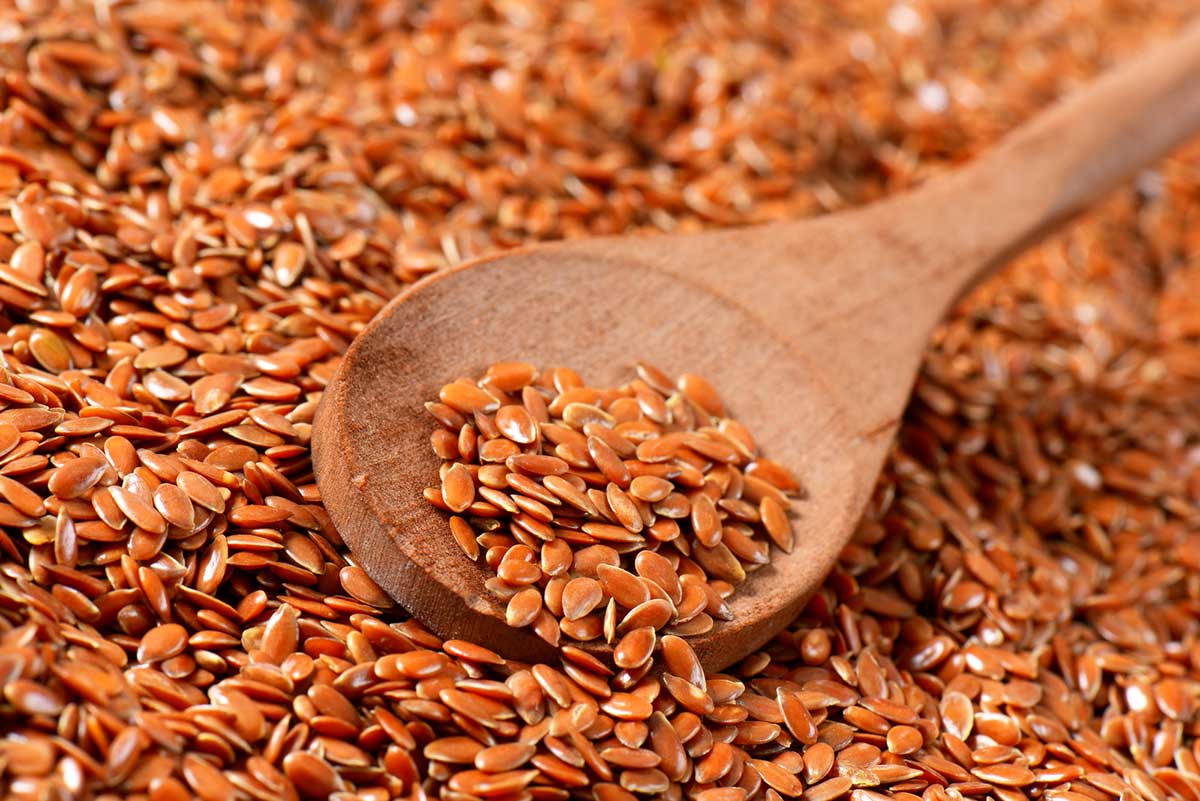
17. Flaxseeds
High in fiber and omega-3 fatty acids, flaxseeds support heart health and improve digestion.

18. Pomegranate
Packed with antioxidants, pomegranates reduce inflammation and improve heart health.
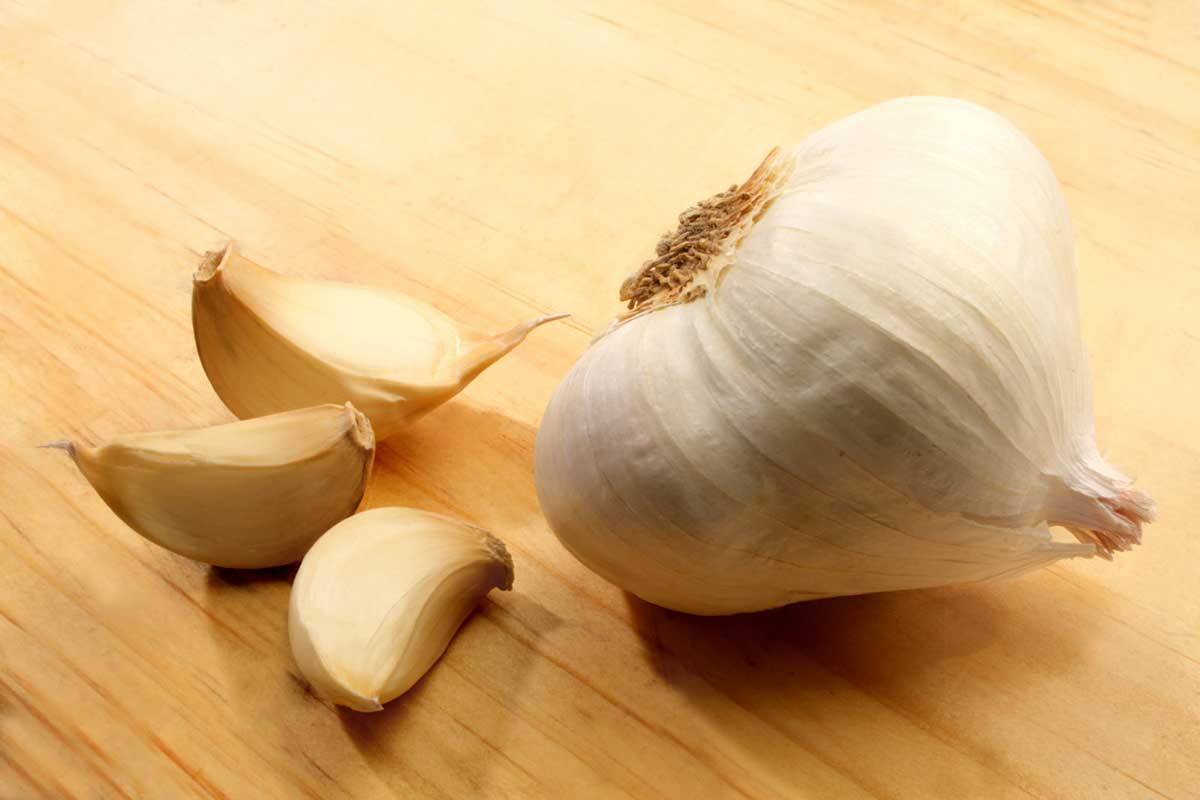
19. Garlic
Contains allicin, a compound that boosts the immune system and supports cardiovascular health. There’s also a lot of health benefits of fermented garlic. Even granulated garlic has health benefits!

20. Beets
Rich in nitrates, this low-starch root vegetable improves exercise performance and support heart health.

21. Ginger
Ginger contains gingerol, a potent anti-inflammatory compound that reduces nausea and improves digestion. Do you have acid reflux? Ginger tea is great for acid reflux as well.

22. Dark Chocolate
High in antioxidants, dark chocolate improves mood and lowers blood pressure.

23. Pumpkin Seeds
Loaded with magnesium and zinc, pumpkin seeds promote healthy sleep patterns and support prostate health.

24. Cabbage
Rich in vitamins K and C, cabbage promotes gut health and aids in detoxification.

25. Tomatoes
Packed with lycopene, this nighshade fruit protects against certain types of cancer and promote heart health.
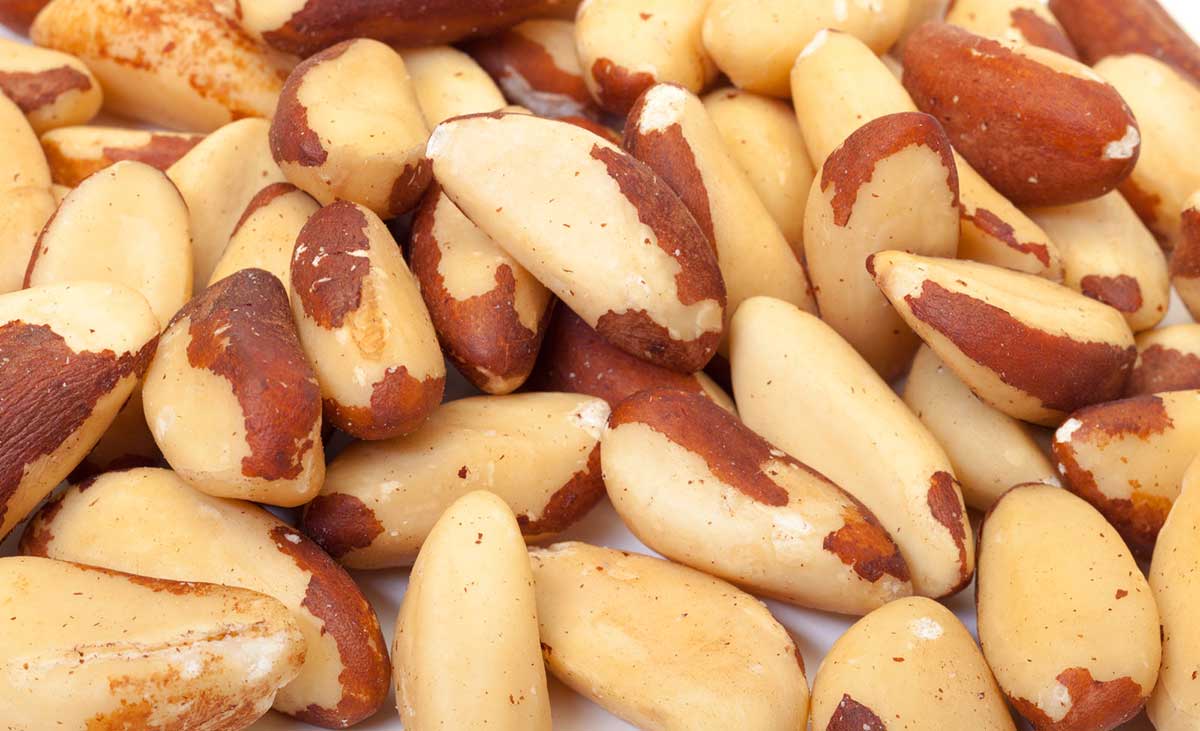
26. Brazil Nuts
High in selenium, Brazil nuts support thyroid function and boost immune response.
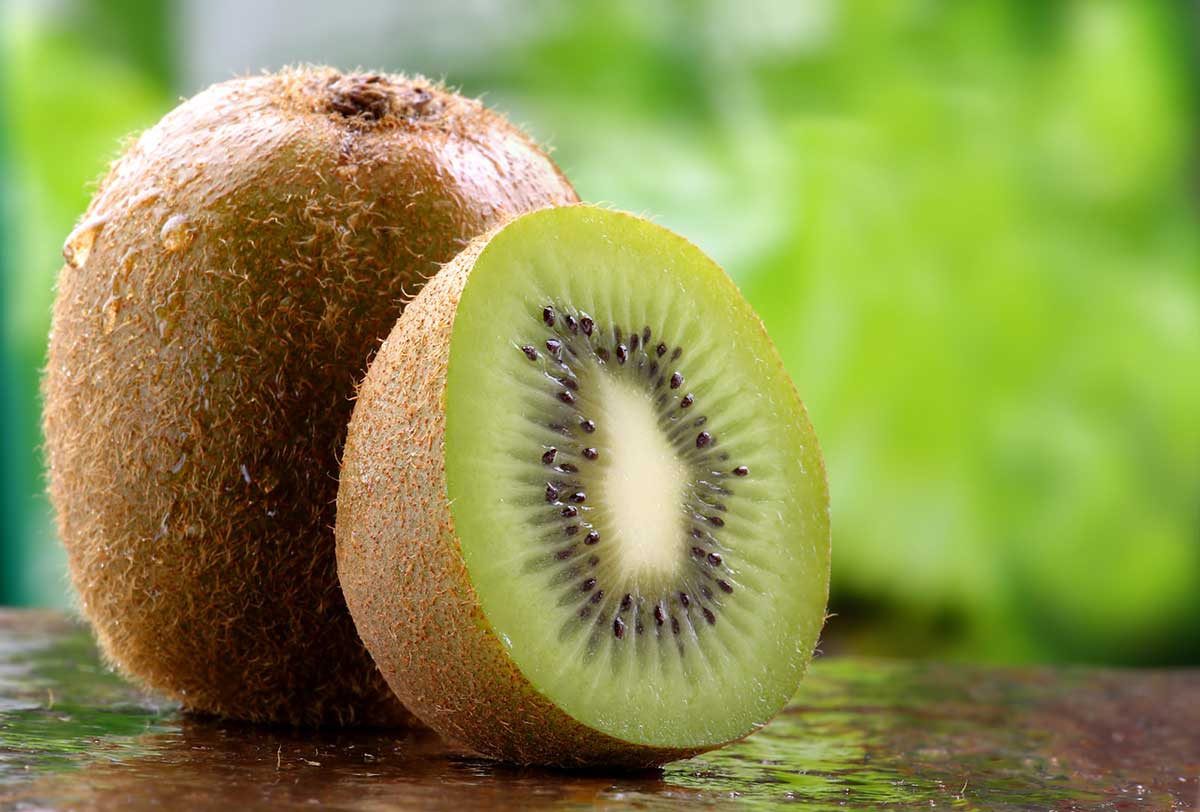
27. Kiwi Fruit
Vitamin C-rich kiwis strengthen the immune system and improve digestion.

28. Oats
High in soluble fiber, oats lower cholesterol levels and stabilize blood sugar levels.
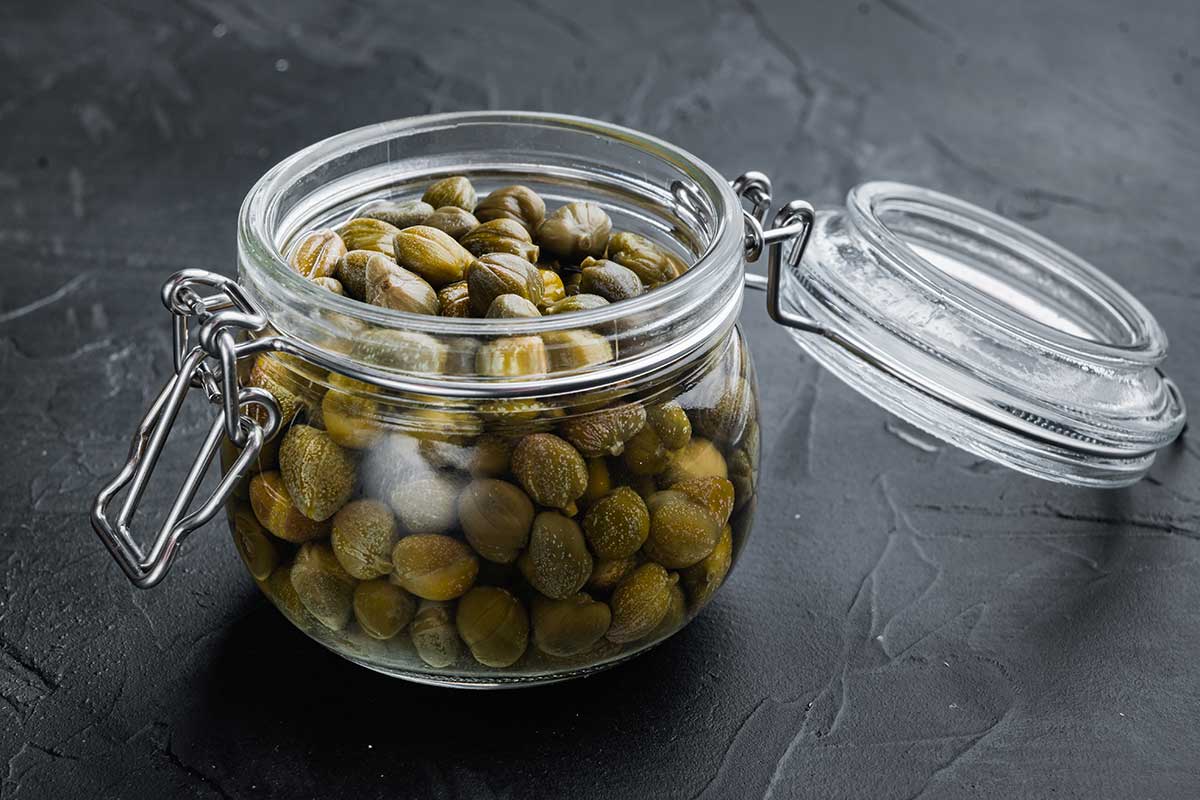
29. Caper Berries
There are a ton of health benefits of capers. They are loaded with powerful antioxidants that help protect our cells from damage caused by harmful free radicals. Despite their small size, capers are also surprisingly rich in vitamins and minerals.
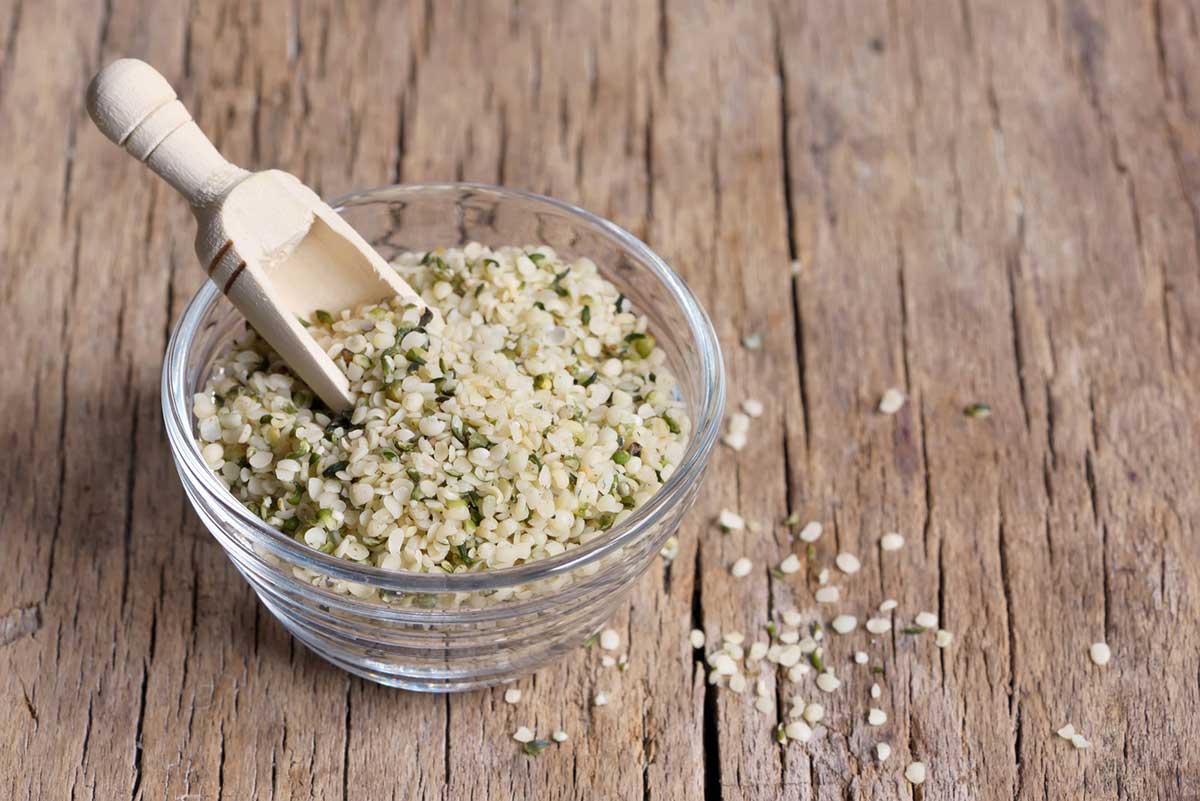
30. Hemp Seeds
Loaded with omega-3 fatty acids, hemp seeds support brain function and reduce inflammation.

31. Mushrooms
Mushrooms contain compounds that boost immune function and provide vitamin D when exposed to sunlight.
Recommended: Health Benefits of Mushroom Coffee | The Amazing Health Benefits of Adaptogenic Mushrooms

32. Watermelon
Watermelons are rich in vitamins A and C, promoting skin health and hydration. There are several varieties of watermelon, even yellow watermelons!

33. Brussels Sprouts
Packed with vitamins K and C, Brussels sprouts support bone health and aid in detoxification.

34. Sardines
High in omega-3 fatty acids and vitamin D, sardines support heart health and bone density.

35. Cinnamon
Cinnamon contains antioxidants that reduce inflammation and regulate blood sugar levels.
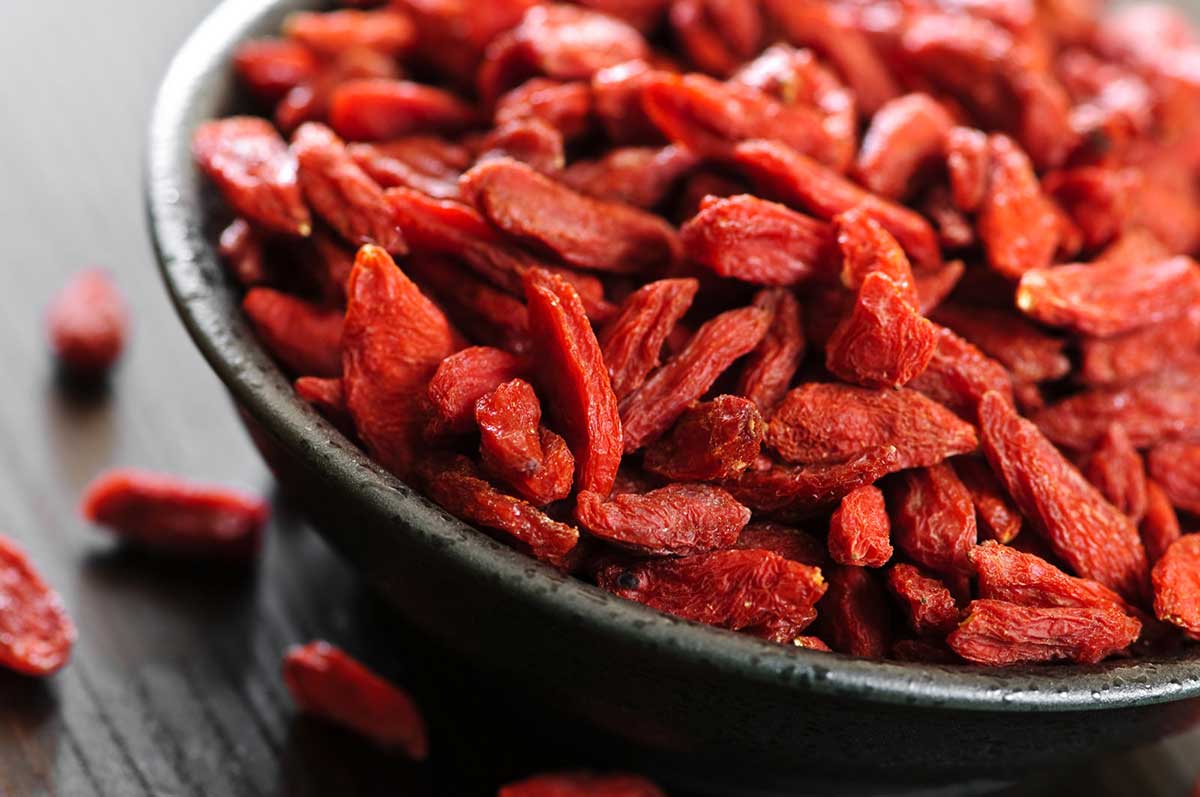
36. Goji Berries
Packed with antioxidants and vitamins A and C, the goji berry boosts immune function and improve eye health. Important to note, goji berries are nightshades.

37. Asparagus
Rich in folate and fiber, asparagus supports a healthy pregnancy and aids in digestion.

38. Swiss Chard
Swiss chard is rich in vitamins A, C, and K, as well as magnesium and potassium. These nutrients contribute to healthy bones, a strong immune system, and optimal heart function. Swiss chard also contains phytonutrients such as beta-carotene and lutein, which have been linked to eye health.
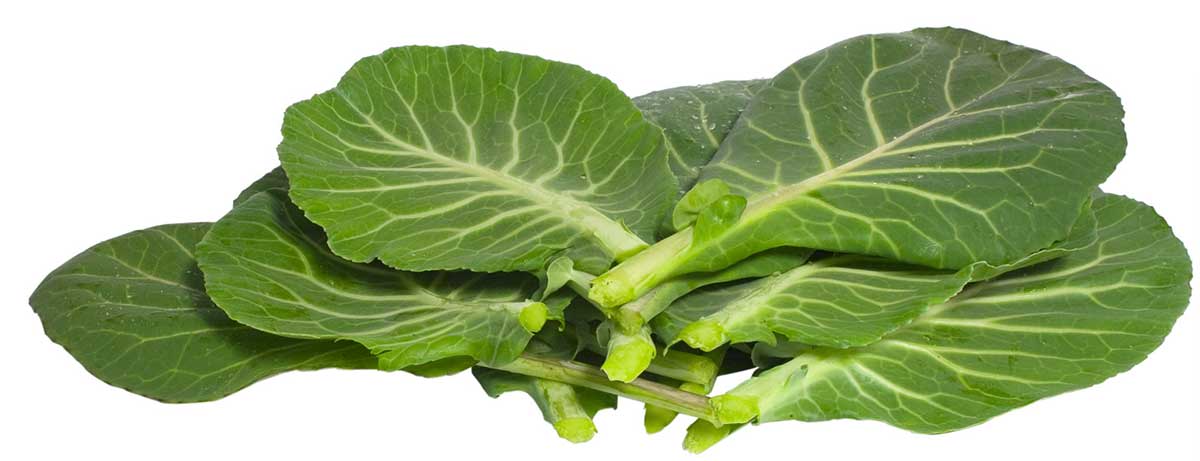
39. Collard Greens
Collard greens are packed with vitamins A, C, and K, along with folate and calcium. Vitamin A is essential for maintaining healthy vision while vitamin C acts as an antioxidant that boosts immunity. Vitamin K helps regulate blood clotting while folate supports brain function. Calcium promotes strong bones and teeth.
Recommended: Collard Greens Vs Turnip Greens Vs. Mustard Greens
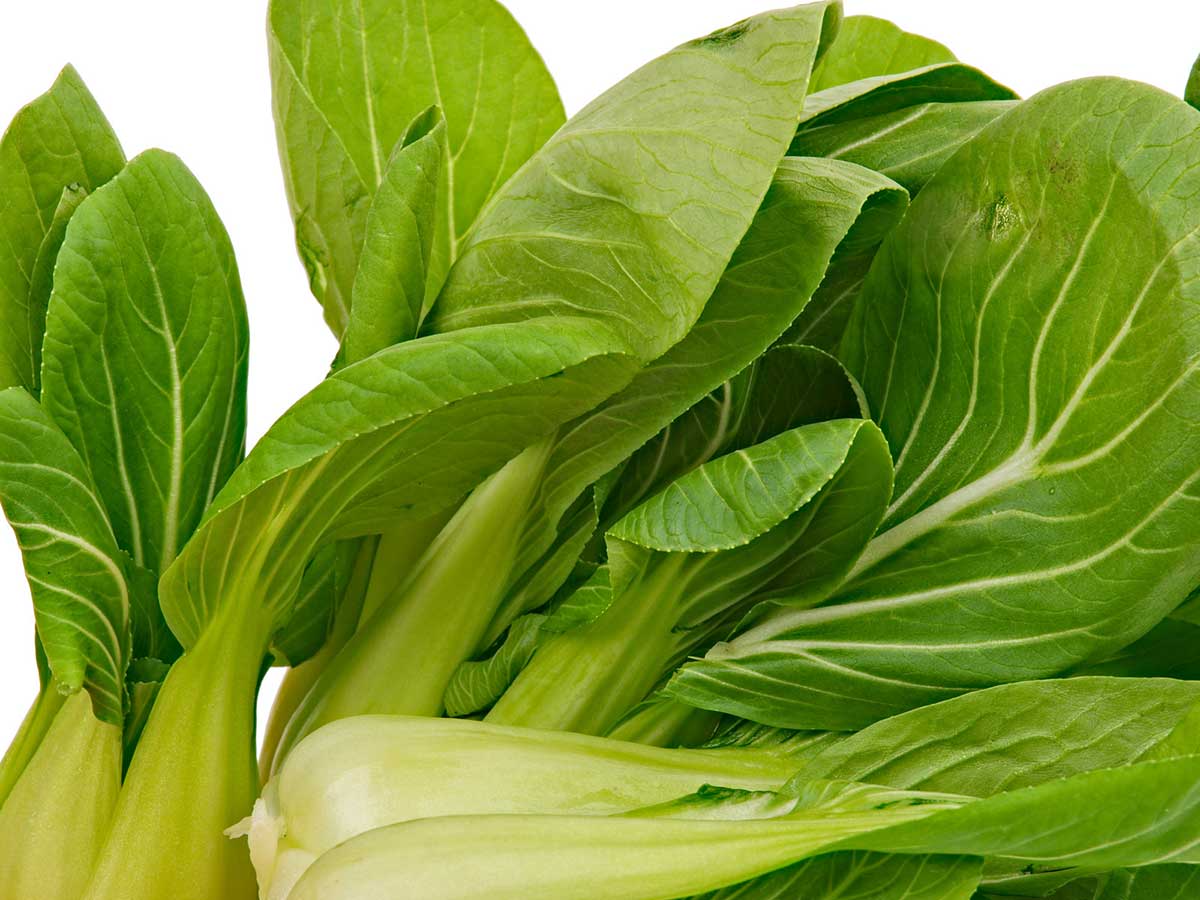
40. Bok Choy
Bok choy is an excellent source of vitamin C and vitamin K. It also contains calcium, iron, and fiber. Vitamin C supports immune function and collagen production while vitamin K plays a role in blood clotting and bone health. Bok choy’s high fiber content aids digestion and promotes feelings of fullness.

41. Spirulina
Spirulina stands out as a superfood due to its impressive nutritional composition. From providing high-quality protein to being rich in vitamins, minerals, antioxidants, and immune-boosting compounds, incorporating green or blue spirulina into your diet can contribute to better health.

42. Cucamelons
Cucamelons are not just delicious, but they also have a ton of health benefits. They are great for digestion because they are packed with fiber, plus, they’re low in calories and fat, so they make for a perfect snack if you’re trying to manage your weight. In addition, they’re loaded with vitamins A, C, and E, as well as potassium and calcium.
Health Benefits of Superfoods
Incorporating superfoods into your diet can provide numerous health benefits. Here are some reasons why you should consider adding these nutrient-packed foods to your meals.
Improved Heart Health
Superfoods like berries, nuts, and fatty fish are rich in omega-3 fatty acids that support heart health.
Enhanced Brain Function
Certain superfoods such as blueberries and dark chocolate contain antioxidants that may improve cognitive function.
Increased Energy Levels
Superfoods like quinoa and chia seeds are high in complex carbohydrates, providing sustained energy throughout the day.
Boosted Immune System
Many superfoods, including citrus fruits and leafy greens, are packed with vitamins and minerals that strengthen the immune system.
Better Digestion
Foods like yogurt and kefir contain probiotics that promote a healthy gut and aid in digestion.
Weight Management
Superfoods such as avocados, lean proteins, and green tea can help with weight loss or maintenance due to their high nutritional value and low calorie content.
Reduced inflammation
Turmeric, ginger, and spinach are examples of superfoods known for their anti-inflammatory properties.
Stronger Bones
Calcium-rich superfoods like kale, broccoli, and almonds contribute to bone strength and density.
Lower Risk Of Chronic Diseases
By incorporating a variety of superfoods into your diet, you can potentially reduce the risk of chronic conditions such as diabetes, cancer, and cardiovascular disease.
Improved Skin Health
Superfoods like tomatoes, walnuts, and sweet potatoes contain nutrients that promote healthy skin by reducing inflammation and supporting collagen production.
Balanced Blood Sugar Levels
Foods such as cinnamon, quinoa, and legumes have a low glycemic index which helps regulate blood sugar levels.
Increased Antioxidant Intake
Superfoods like goji berries, spinach, and green tea provide an abundance of antioxidants that protect cells from damage caused by free radicals.
Improved Eye Health
Superfoods like carrots, spinach, and salmon are rich in nutrients that support optimal vision and reduce the risk of age-related macular degeneration.
Enhanced Mood
Certain superfoods like dark chocolate and berries contain compounds that may boost serotonin levels, improving mood and reducing symptoms of depression.
Reduced Risk Of Stroke
Superfoods such as berries, leafy greens, and nuts have been associated with a lower risk of stroke due to their high content of antioxidants and healthy fats.
Better Sleep Quality
Foods like kiwi, cherries, and almonds contain natural compounds that can promote better sleep by regulating hormones involved in sleep-wake cycles.
Improved Liver Function
Superfoods like garlic, grapefruit, and green tea support liver health by aiding in detoxification processes.
Lower Cholesterol Levels
Incorporating superfoods like oats, beans, and olive oil into your diet can help lower LDL (bad) cholesterol levels.
Reduced Risk Of Osteoporosis
Superfoods rich in calcium, vitamin D, and magnesium can contribute to stronger bones and a reduced risk of osteoporosis later in life.
Increased Nutrient Absorption
Certain superfoods such as black pepper contain compounds that enhance the absorption of nutrients from other foods consumed alongside them.
Enhanced Athletic Performance
Superfoods like bananas, quinoa, and beets provide essential nutrients for energy production, muscle recovery, and improved endurance.
Reduced Risk Of Age-Related Cognitive Decline
Superfoods rich in antioxidants and omega-3 fatty acids have been shown to help protect against age-related cognitive decline and improve memory function.
Improved Digestion
Fiber-rich superfoods like lentils, chia seeds, and broccoli aid in maintaining a healthy digestive system by promoting regular bowel movements.
Lower Blood Pressure Levels
Superfoods such as beets, leafy greens, and pomegranates have been associated with a reduction in blood pressure due to their nitrate content.
Overall Improved Nutrient Intake
By incorporating a variety of superfoods into your diet, you can ensure you are getting a wide range of essential nutrients that contribute to overall health and well-being.
Superfood Supplements
Eating a whole foods diet rich in superfoods is the best way to get all the nutrients that they offer. But what if you are struggling to eat a healthy diet?
Is Taking a Superfood Supplement as Good as Eating the Food?
Taking a superfood supplement is not as good as eating the actual food. While superfood supplements may contain concentrated amounts of nutrients found in certain foods, they lack the full range of beneficial compounds and fiber that whole foods provide.
You Might Also Enjoy: Health Benefits of Aquamin: Proven Natural Gut Health Aid
Final Summary
Superfoods are highly nutritious foods that offer significant health benefits due to their dense nutrient content and bioactive compounds. Including these foods in your diet can contribute to improved overall well-being when combined with a healthy lifestyle and balanced eating habits.
Sources
- https://www.webmd.com/food-recipes/health-benefits-brussels-sprouts
- https://www.nytimes.com/2023/05/19/well/eat/green-superfood-powders.html
- https://www.medicalnewstoday.com/articles/322693
- https://wmmc.com/leaf-greens-the-superfood
- https://www.webmd.com/food-recipes/ss/slideshow-cabbage-benefits
- https://www.hopkinsmedicine.org/health/wellness-and-prevention/ginger-benefits
- https://www.osfhealthcare.org/blog/is-turmeric-the-next-superfood/
- https://www.healthline.com/nutrition/9-proven-benefits-of-almonds
- https://www.bbcgoodfood.com/howto/guide/health-benefits-brazil-nuts
- https://www.uaex.uada.edu/counties/miller/news/fcs/fruits-veggies/asparagus.aspx
- https://www.uaex.uada.edu/counties/miller/news/fcs/fruits-veggies/Bok%20Choy-An%20Odd%20Looking%20Vegetable.aspx
- https://www.uclahealth.org/news/7-health-benefits-of-mushrooms
- https://www.healthshots.com/healthy-eating/superfoods/here-are-5-fantastic-reasons-that-prove-kiwi-is-the-super-fruit-you-need/


